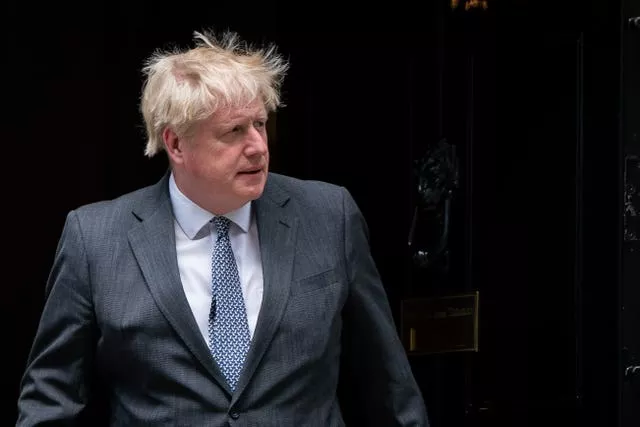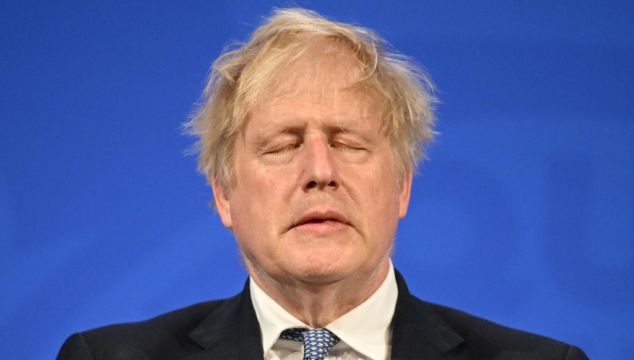The European Commission responded to the publication on Monday of the Northern Ireland Protocol Bill with an announcement that it intends to reopen legal action against the UK which has been on hold since September.
UK business leaders have urged Boris Johnson not to enter a “damaging trade war” with the EU after the UK government set out its plans to override post-Brexit arrangements governing Northern Ireland.
Commission vice president Maros Sefcovic hinted at further measures saying the unliteral action by the UK had undermined the trust needed for the effective operation of its post-Brexit trade deal with Brussels.
He said Northern Ireland firms which enjoy access to the EU single market under the terms of the protocol could now see that put at risk.

The UK prime minister insisted the Bill contained only minor, bureaucratic changes, while Downing Street said it was an “insurance mechanism” in case a negotiated agreement with the EU could not be found.
However, Stephen Phipson, chief executive of Make UK, the manufacturers’ organisation, said business needed both sides to urgently get round the negotiating table to agree a “pragmatic” settlement.
“We recognise that the protocol in the current state does need to be changed,” he said.
“But the way to do this is not to start a trade war with the EU in the middle of a financial crisis which would be damaging for both British and EU businesses alike and put further strain on already stretched supply chains.”
Richard Burge, chief executive of the London Chamber of Commerce and Industry, said the UK government’s action risked “significant harm” to businesses across the UK.

“Getting Brexit done was at least meant to deliver certainty to businesses after years of waiting for clarity on the future of the UK’s trade relations with the European Union,” he said.
“The introduction of this Bill means we are now teetering on the brink of a trade war with the EU and that will mean further economic pain and falls in investment.”
Despite the warnings, any confrontation is likely to be some way off. The UK government faces significant opposition to its plans in the House of Lords, and it is likely to be some months before the legislation becomes law.
Mr Johnson signed the protocol as part of the UK’s Brexit divorce settlement with the EU, with the measures aimed at preventing a hard border on the island of Ireland.
But by imposing checks on goods crossing the Irish Sea from Great Britain, it has fuelled unionist anger in Northern Ireland and is also opposed by Eurosceptics in the Tory Party.

The Bill will enable ministers to establish a “green lane” so trusted traders are allowed to move goods from Great Britain to Northern Ireland without checks, as long as the products remain within the UK.
Products being placed on the market in Northern Ireland would be allowed to follow either UK or EU regulations, rather than having to comply with Brussels’ rules.
The legislation would also remove the European Court of Justice as a final arbiter in trade disputes over the protocol, with the function instead handed to independent adjudicators.
The British government insisted the Bill was compatible with international law under the “doctrine of necessity” which allows obligations in treaties to be set aside under “certain, very exceptional, limited conditions”.







